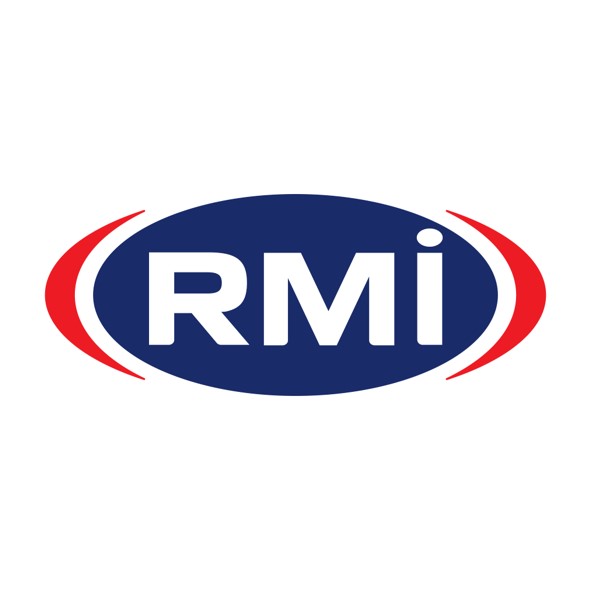We are pleased to announce that the RMI will be facilitating training on:
“Disciplinary enquiries – How to conduct and present.”
A brief outline of this seminar and details in respect thereof appears hereunder.
Disciplinary enquiries – How to conduct and present – Presented by: – Janina Kalidass
This presentation is for managers, supervisors and employers who want to make sure that they get it right the first time. We give you the confidence you need to present a case against an employee and the knowledge required to conduct an inquiry. If you want to ensure that your disciplinary hearing results in the outcome that you are looking for, it is vital you attend this seminar.
When: Tuesday, 17 November 2020
Time: 10am to 2pm
Platform: Microsoft Teams
Cost: R575 pp inclusive of VAT
Please note:
• RMI, Standard Bank, Br Code 018 005, Acc No 021 670 013
• Please quote “Seminar NOV” followed by your RMI membership number.
• Kindly send an email together with a copy of the deposit slip or EFT to: thuli.biyase@rmi.org.za
• A copy of the seminar notes will be provided electronically.
DISCIPLINARY ENQUIRIES – HOW TO CONDUCT AND PRESENT
Course content:
1. INTRODUCTION
1.1 Discipline
1.2 Disciplinary Code
2. PROCEDURAL FAIRNESS
2.1 Requirements in terms of the Labour Relations Act
2.2 Guidelines on the conducting of the disciplinary hearing
2.2.1 Notice of disciplinary hearing & the rights of the employee
2.2.2 Charging the employee for the hearing
2.2.3 Representation at disciplinary hearings
2.2.4 The composition of the disciplinary hearing & the role of the parties
2.2.5 The Chairperson – What constitutes bias?
2.2.6 The procedure the chairman would follow at the disciplinary hearing.
3. EVIDENCE
3.1 The Principles of Natural Justice
3.2 Rules of evidence
3.3 Weighing up of evidence
4. SUBSTANTIVE FAIRNESS
4.1 Key questions which must be asked when dealing with transgressions
4.2 Seriousness of transgression
4.3 Extenuating Circumstances
4.4 Mitigating Circumstances
4.5 Aggravating Circumstances
4.6 Precedent
4.7 Third Party Reaction
4.8 Alternatives to Dismissal


